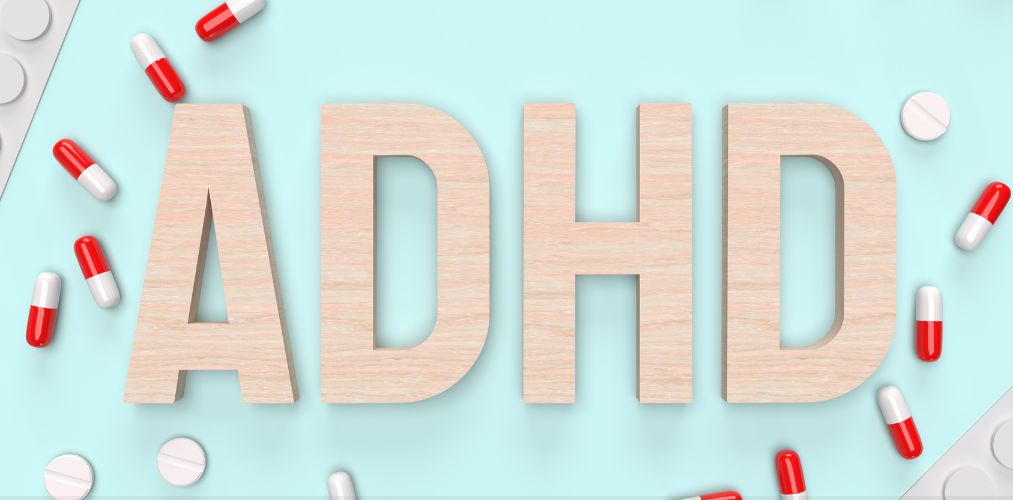The Best Treatments for ADHD
ADHD can cause problems with paying attention, staying focused and controlling impulses. Luckily, there's Quillivant XR, an extended-release liquid medication prescribed to treat ADHD.
Quillivant XR
Quillivant XR contains the active ingredient methylphenidate, which helps increase attention and decrease impulsiveness.
- Increases brain activity: Methylphenidate, the active ingredient in Quillivant XR, helps to increase the levels of certain chemicals in the brain called dopamine and norepinephrine. These chemicals are important for controlling attention, focus and impulse control.
- Improves focus and attention: By boosting dopamine and norepinephrine levels, Quillivant XR helps improve the ability to pay attention, stay focused on tasks and reduce distractions. This can help people with ADHD stay on task and improve their performance at school, work or in social situations.
- Reduces hyperactivity and impulsiveness: ADHD often leads to behaviors like being overly active or acting without thinking. Quillivant XR helps reduce hyperactivity and impulsive behaviors by balancing the chemicals in the brain that control these actions.
- Extended release: Quillivant XR is an extended-release medication, which means it releases the medication slowly over time. This allows it to work throughout the day, helping individuals manage their ADHD symptoms for up to 12 hours with just one dose.
Stimulant Medications
Stimulant medications are often the first choice for treating ADHD. These medications help improve focus and attention by increasing the levels of certain chemicals in the brain. Here are some of the most common stimulant medications used to treat ADHD:
- Adderall: This is a popular medication for ADHD that comes in both short-acting and long-acting forms. It can help with focus, concentration and impulse control.
- Ritalin: Like Quillivant XR, Ritalin is another form of methylphenidate. It helps improve focus and reduces hyperactivity and impulsivity.
- Vyvanse: Vyvanse is another stimulant medication that is often prescribed for ADHD. It is long-acting and can help improve focus throughout the day.
Non-Stimulant Medications
Some people may not do well with stimulant medications, or they may have side effects. For these individuals, non-stimulant medications may be an option. These medications work differently from stimulants and can still help manage ADHD symptoms.
- Strattera: Strattera is a non-stimulant medication used to treat ADHD. It works by increasing the levels of norepinephrine in the brain. It may take a few weeks to start working, but it can be effective for people who cannot take stimulants.
- Intuniv: Intuniv is another non-stimulant medication that can be used to treat ADHD. It helps with impulse control and hyperactivity. It works by affecting certain receptors in the brain.
Behavioral Therapy
In addition to medications, behavioral therapy can help manage ADHD. Therapy can teach skills to improve attention, control impulses and handle emotions. Here are a few types of therapy that can be helpful:
- Cognitive behavioral therapy (CBT): CBT helps individuals with ADHD change negative thought patterns and behaviors. It can teach strategies for staying focused and organized.
- Parent training: This therapy helps parents learn how to support their child with ADHD. It teaches ways to manage difficult behaviors and create a structured routine.
- Social skills training: This therapy can help children with ADHD learn how to interact with others, make friends and control their impulses in social situations.
Lifestyle Changes
Along with medication and therapy, making some changes to daily habits can also help manage ADHD symptoms. Here are some lifestyle changes that can be beneficial:
- Exercise: Regular physical activity can help improve focus and reduce hyperactivity.
- Healthy diet: A balanced diet with plenty of fruits, vegetables and whole grains can help with energy levels and focus.
- Sleep: Getting enough sleep is important for managing ADHD. Lack of sleep can make symptoms worse.
When to See a Doctor
If you or your child is showing signs of ADHD, it’s important to see a doctor for a proper diagnosis. ADHD is a condition that can affect many areas of life, so getting the right treatment is essential. A doctor can help determine the best treatment plan, whether it involves medication, therapy or lifestyle changes.
Unlocking Focus
ADHD is a common condition, but with the right treatment, its symptoms can be managed. Quillivant XR is one of the first treatments that can help with focus and reduce impulsivity. Other treatment options, like stimulant medications (Adderall, Ritalin, Vyvanse), non-stimulant medications (Strattera, Intuniv) and behavioral therapy, can also help.
In addition, making lifestyle changes like exercising and getting enough sleep can improve focus and reduce symptoms. If you think you or your child may have ADHD, it’s important to talk to a doctor to find the best treatment. With the right care, managing ADHD becomes much easier.
